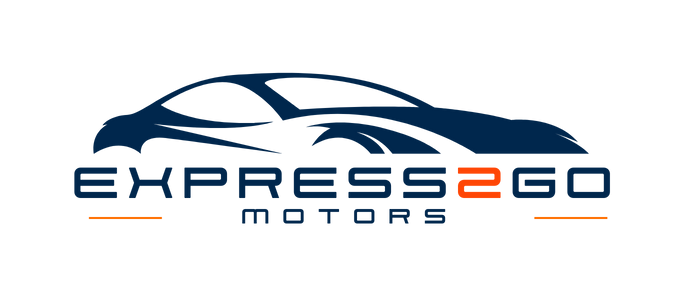

Lease vs. Buy: Which Option is Best for You?
Deciding between leasing or buying a car is a significant financial decision that depends on your personal preferences, financial situation, and driving habits. Each option has its advantages and disadvantages, and understanding these can help you make the best choice for your needs. In this guide, we’ll break down the key differences between leasing and buying to help you decide which is the better option for you.
What Does It Mean to Lease a Car?
Leasing a car is essentially like renting it for a predetermined period, usually two to four years. During this time, you make monthly payments to use the vehicle. At the end of the lease term, you return the car to the dealership, and you may have the option to lease another new car or purchase the leased vehicle.
Advantages of Leasing:
- Lower Monthly Payments: Lease payments are generally lower than loan payments for buying a car because you’re only paying for the vehicle’s depreciation during the lease term, not the entire value.
- Driving New Cars: Leasing allows you to drive a new car every few years, which means you’ll always have the latest features, technologies, and safety improvements.
- Lower Repair Costs: Since leased cars are typically under warranty for the duration of the lease, repair costs are minimal, and maintenance is often included.
Disadvantages of Leasing:
- Mileage Limits: Leases come with mileage limits, usually between 10,000 to 15,000 miles per year. Exceeding these limits can result in significant additional fees.
- No Ownership Equity: When you lease a car, you do not own it. Therefore, you don’t build any equity, and you’ll always have a car payment if you continue leasing.
- Customization Restrictions: Leasing agreements often prohibit any modifications to the car, so if you like to personalize your vehicle, leasing might not be the best option.
What Does It Mean to Buy a Car?
Buying a car involves financing the entire cost of the vehicle, either through an auto loan or by paying cash. Once the loan is paid off, you own the car outright.
Advantages of Buying:
- Ownership: When you buy a car, it becomes your property. You can keep it as long as you want, and you have the freedom to sell or trade it in whenever you choose.
- No Mileage Limits: Unlike leasing, buying a car doesn’t come with mileage restrictions. You can drive as much as you want without worrying about extra fees.
- Customization: Ownership allows you to modify and customize your vehicle to suit your preferences.
Disadvantages of Buying:
- Higher Monthly Payments: Car loan payments are typically higher than lease payments because you’re financing the entire value of the car.
- Depreciation: New cars lose value quickly, with the most significant depreciation occurring in the first few years. This can affect the resale value if you decide to sell the car later.
- Long-Term Maintenance Costs: As your car ages, it will likely require more maintenance and repairs, which can add up over time.
Factors to Consider
When deciding whether to lease or buy a car, consider the following factors:
- Financial Situation: Evaluate your budget and financial goals. If you need lower monthly payments and prefer driving new cars frequently, leasing might be a better fit. If you plan to keep the car for a long time and want to build equity, buying is the way to go.
- Driving Habits: Consider how much you drive. If you have a long commute or frequently take road trips, the mileage limits on a lease could be a problem. Buying a car allows for unlimited mileage.
- Vehicle Preferences: Think about how important it is for you to have the latest features and technology. Leasing lets you upgrade every few years, while buying means you’ll keep the same car longer.
- Future Plans: Consider your long-term plans. If you anticipate significant life changes, such as moving or expanding your family, your vehicle needs might change as well.
Conclusion
Choosing between leasing and buying a car depends on your individual needs and circumstances. Leasing offers lower monthly payments, the thrill of driving new cars, and minimal repair costs but comes with mileage limits and no ownership. Buying provides ownership, freedom from mileage restrictions, and the ability to customize your vehicle, but involves higher monthly payments and long-term maintenance costs.
Evaluate your financial situation, driving habits, vehicle preferences, and future plans to make the best decision for you. Whichever option you choose, ensure it aligns with your lifestyle and financial goals.
Ready to explore your options? Visit Express2Go Motors today to learn more about our leasing and financing offers. Our team is here to help you find the perfect car, whether you decide to lease or buy.
Categories
- Car Buying Tips (3)
- Car Reviews (1)
- Eco-Friendly Driving (2)
- Electric Vehicles (EVs) (2)
Recent Posts
About us

Related posts










